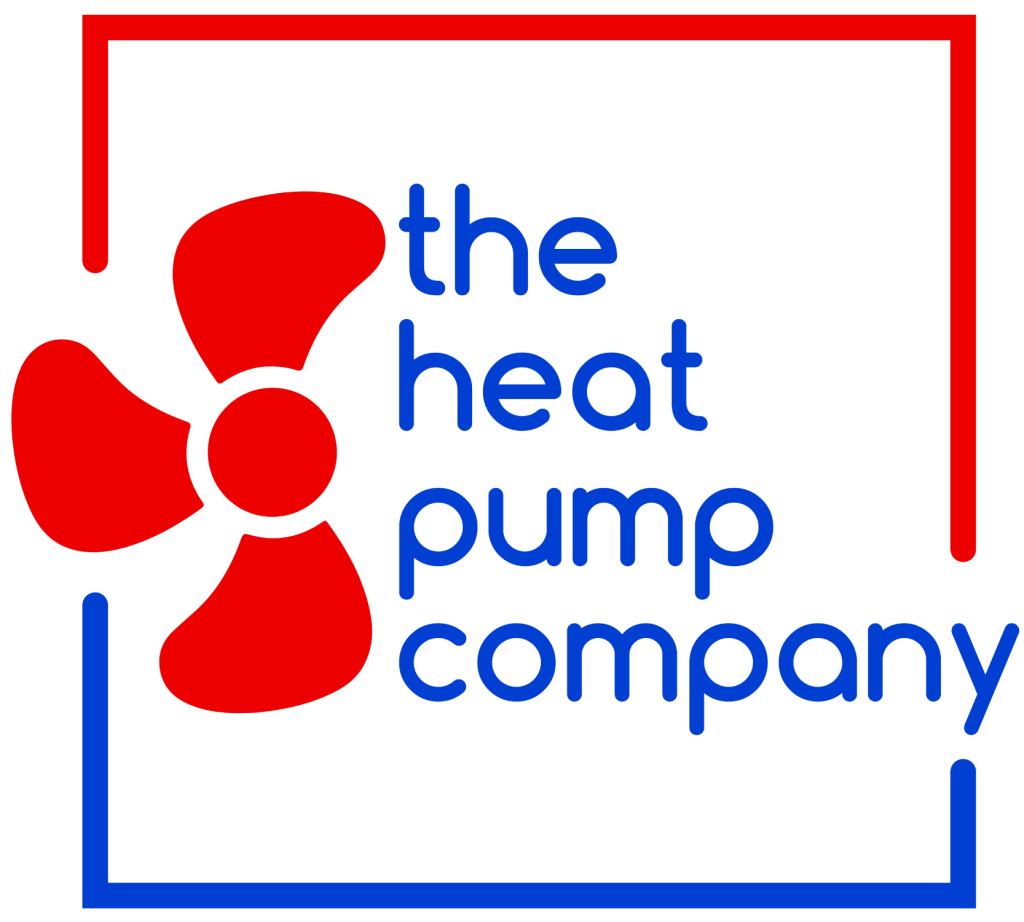Heat pumps are devices that transfer heat from one place to another, commonly used for residential and commercial heating and cooling.
Heat pumps work on the principle of thermodynamics and are energy efficient, making them a popular choice for HVAC ( heating, ventilation and air conditioning ) systems. There are two main types of heat pumps: air heat pumps and geothermal (geothermal) heat pumps.
Here is an overview of how a heat pump works.
Refrigerant cycle: A heat pump works in a sealed refrigerator, similar to how refrigerators and air conditioners work. A refrigerant is a special type of fluid that can easily change from liquid to gas and vice versa at lower temperatures.
Evaporation and compression: The heat pump starts the process by heating the refrigerant in the evaporator coil. In the case of an air source heat pump, this coil is usually located on the outside of the building. As the refrigerator evaporates, it absorbs heat from the surrounding air. This phase change from liquid to gas is an endothermic process that cools the outside air.
Compression: The air-conditioned refrigerator is then compressed, increasing its temperature and pressure. This compressed air is now very hot.
Condensation and Heat Release: The compressed hot air then passes through a solid coil usually located in the chamber. The refrigerant in the condensing coil dissipates the heat previously absorbed in the evaporator coil, heating the interior space. In this process, the refrigerant returns from air to water and releases absorbed heat energy, which is used for space heating.
Expansion and Repeat: After releasing the heat, the now liquid refrigerant flows through an expansion valve or capillary tube to reduce its pressure. This cools and expands the refrigerant, preparing it to re-enter the evaporator coil, and the cycle begins again.
In cooling mode, the heat pump reverses the cycle. It absorbs and radiates heat from the building, keeping the interior cool. This reversible function makes heat pumps versatile, as they are able to heat and cool spaces as needed.
Ground source (geothermal) heat pumps work on a similar principle but use the constant geothermal temperature to exchange the heat and refrigerant They are very efficient, they can be expensive to install due to due to the need for burned pipe, but it works especially well in very hot or very cold weather.
Heat pumps are known to be energy efficient because they move heat rather than generate heat, and can reduce energy consumption and lower utility bills, especially when compared to traditional heating systems like a traditional boiler that heats up by heat.




